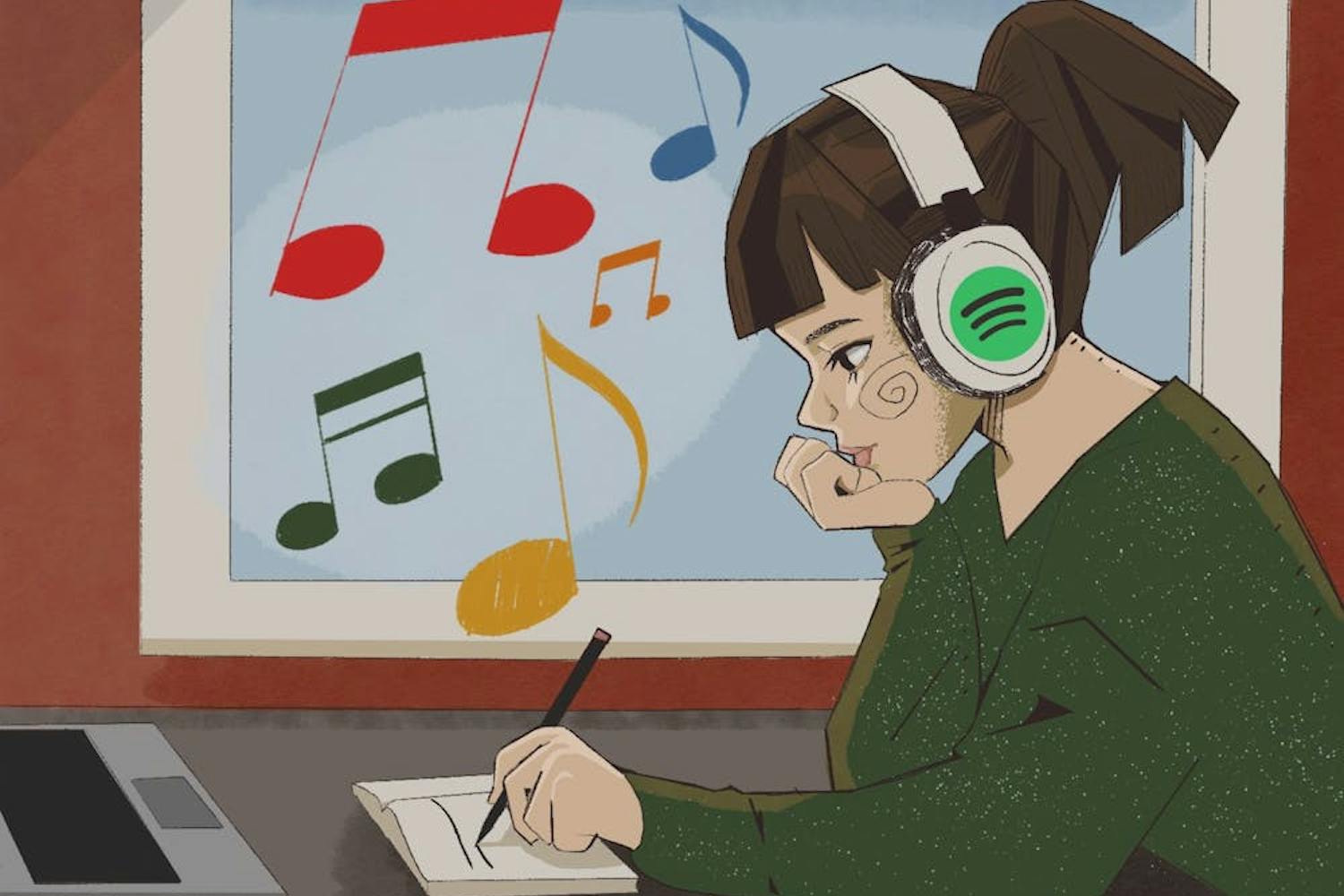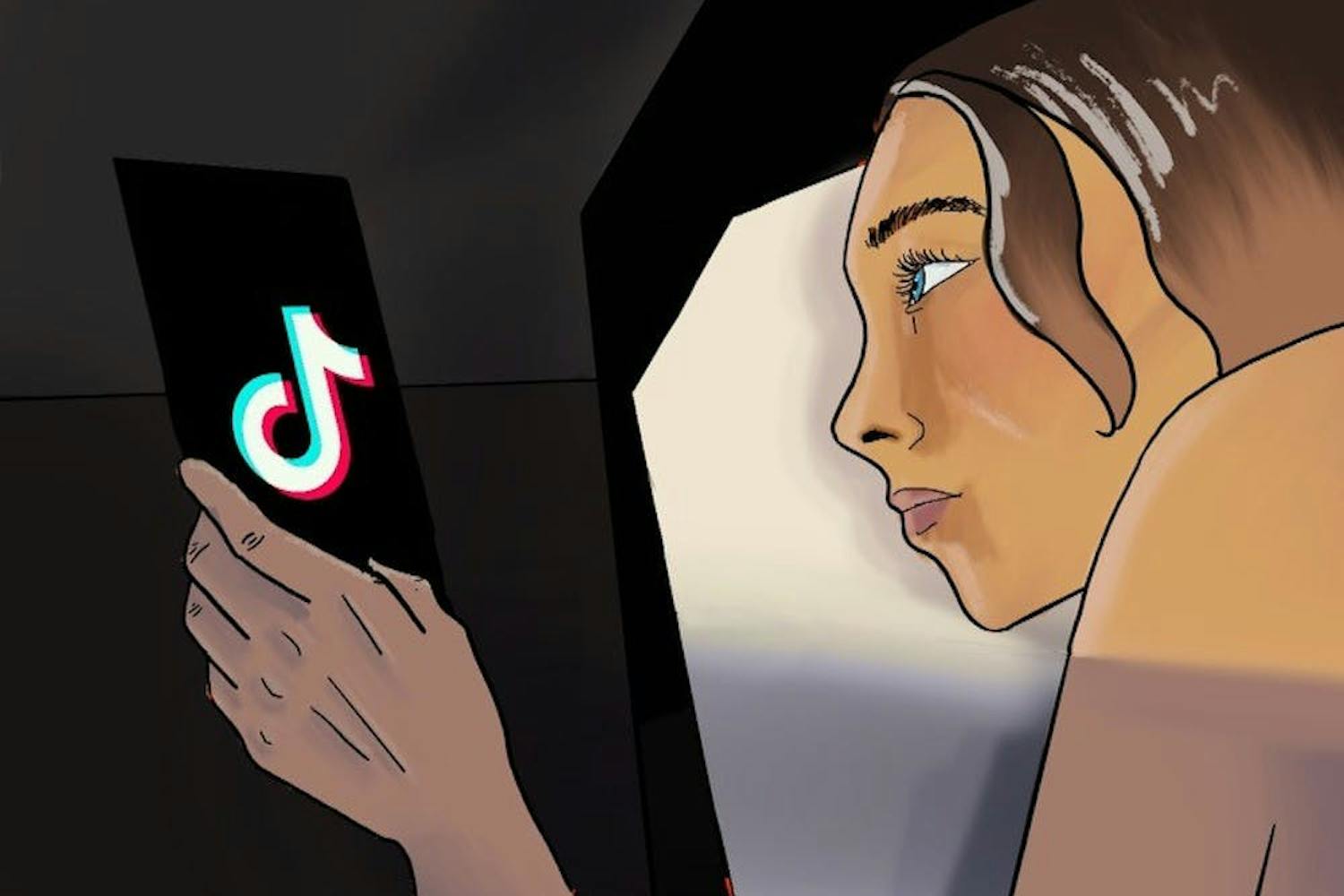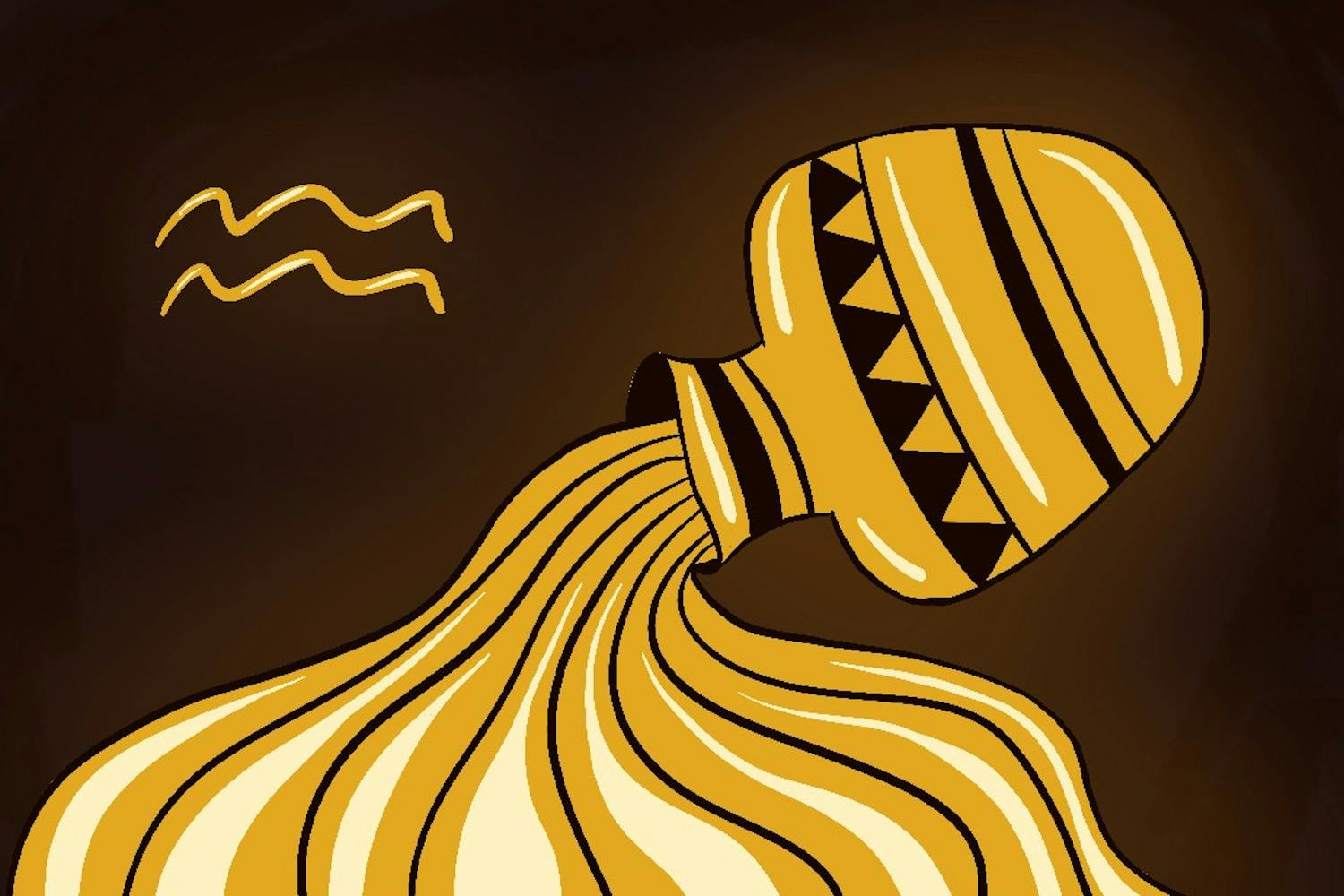Just like how "Blackfish" blew the lid off what really happens to orcas kept in captivity at Sea World, Bong Joon-ho's "Snowpiercer" seeks to cast the same light on the inner workings of the Coors Light party train. While that is obviously a joke, it is not an especially inaccurate description of the new sci-fi action drama, now playing in select theaters and being released on demand July 11.
Both the actual plot description of the film and its astoundingly batty execution will make "Snowpiercer" subject to many more jokes like this as time progresses, as it already appears destined to achieve cult status.
That is not to say "Snowpiercer" is a comedy, or even a film with comedic elements. The film may feature a cast predominantly made up of A-list Hollywood actors such as Chris Evans, Octavia Spencer and Tilda Swinton, but it is unmistakably a Korean production, the most expensive of all time in fact, with the jarring tonal shifts to go along with it.
With no warning, "Snowpiercer" effortlessly goes from heartfelt to disgusting to gleefully whimsical, often multiple times within the same scene. As the economics of cinema dive headfirst into the realities of globalization, English-language films are coming stateside with non-English sensibilities.
As such, "Snowpiercer" rewards viewers who like Red Vines with their rat poison.
Based on the 1982 French graphic novel "La Transperceneige," "Snowpiercer" chronicles the last surviving members of the human race aboard a self-sustaining train after an apocalyptic environmental disaster triggers another ice age. The similarities to the source material end there, as writer/director Bong Joon-ho uses the premise to convey themes more relevant to the 21st century.
"Snowpiercer" is an overtly contentious and political work; the director cites global climate change and the Occupy Wall Street movement as primary influences. Class warfare is not only a theme in the movie, it is the film's narrative. It is a hyperbolic exploration of a world which has regressed into two social classes; the rich feel burdened by freeloaders, while the poor fight tooth and nail not to rot in traps explicitly laid out for them by plutocrats.
Yet in a film so overrun with the absurdity of machine-gun toting school teachers and Tilda Swinton modeling perhaps the most horrifying facial prosthetics since Terry Gilliam's "Brazil," "Snowpiercer" often manages to be blunt and subtle simultaneously.
By the end, the moral dilemmas faced by the film's intensely likable protagonists as well as its comically evil villains have disturbing implications. Virtue proves to be as damaging as malice; humanitarianism reaps many of the same outcomes as Ayn Randian selfishness, as if the film's titular train did not call back enough to "Atlas Shrugged" already.
The themes of "Snowpiercer" are heavy; the cruelty of poverty and oppression is depicted in ways only the gnarliest science fiction can. Perhaps a movie like "Snowpiercer" cannot exist as a consumable piece of entertainment without Korean genre-bending sensibilities. The issues presented here are deathly serious and increasingly relevant, but the political climate they exist within is a surreal farce.
"Snowpiercer" is too inconsistent to fully work on this level, but Hollywood has not made a film of this scale that has dared to be this subversive in ages. The film's glaring tonal shifts and openly liberal overtones may be insurmountable for some, but in a marketplace of offensively inoffensive popcorn fodder, "Snowpiercer" cannot be faulted for having moxie.
Reach the reporter at zheltzel@asu.edu or follow him on Twitter @zachheltzel



